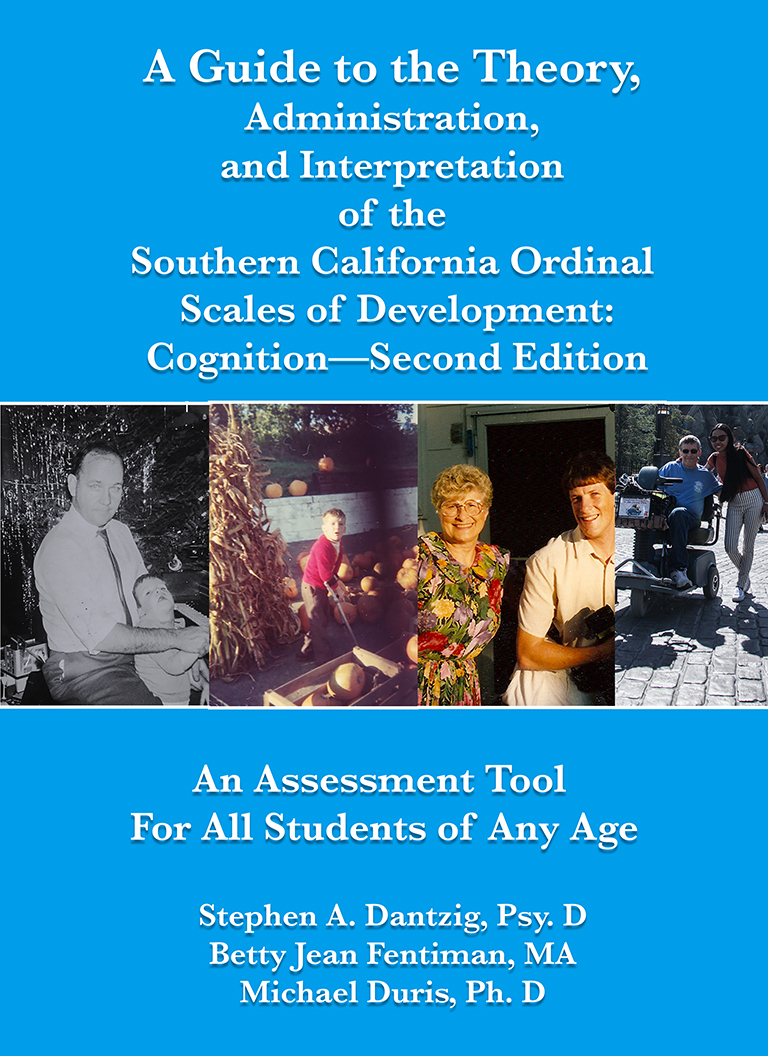
Stephen Dantzig earned a Doctor of Psychology degree from the Rutgers University Graduate School of Applied and Professional Psychology and has been a practicing school psychologist since 1986. His primary work has been with students of all ages with severe disabilities. He was an adjunct professor in the school psychology and counseling departments for two major universities for ten years. Stephen is also a nationally renowned lighting expert and owner of the Hawai’i School of Photography with over 50 years’ experience behind the camera. He ran (later with Joan) the Hawai’i School of Photography for ten years and is the author of Portrait Lighting for Digital Photographers: The Basics and Beyond, Lighting Techniques for Fashion and Glamour Photography for Film and Digital Photographers, Mastering Lighting Techniques for Outdoor and Location Digital Portrait Photography, Softbox Lighting Techniques for Professional Photographers and The Essential Photography Workbook: The Beginner’s Guide to Creating Impressive Digital Photos (with Joan Dantzig) (Amherst Media), The Essential Guide to Using Flash (with Joan Dantzig), Swimwear Photography: Lighting, Composition and Post-production, On the Set and Behind the Scenes, The Making of a Maritime Fashion Shoot, and Professional Make-Over Techniques and lead author of A Guide to the Theory, Administration and Interpretation of the Southern California Ordinal Scales of Development: Cognition (First and Second Editions), and Get Up, Your Bus Is Here” Living MY Life with Cerebral Palsy: Trials, Tribulations and Triumphs (Stephen Dantzig Productions). His final (so far!) publication was Retrospective: Five Decades of Photography, published on this website.
Stephen has written more than one hundred articles and lessons on photographic lighting and ethics. He was a monthly contributor to ProPhotoResource.com and his lessons have appeared in RANGEFINDER Magazine, Professional Photographer Magazine, PC Photo Magazine, Studio Photography and Design, ProPhoto West, ShootSmarter.com, and the Photoflex Web Photo School. His work has appeared on more than 25 magazine covers including local, regional and national markets. Some of his published works have appeared in the Amherst Media’s Portrait Photographer’s Handbook, Group Portrait Photography Handbook, The Best of Portraiture, The Best of Photographic Lighting (First and Second Editions), Lighting and Posing Techniques for Photographing Women, Professional Portrait Lighting Techniques and Images from Master Photographers, and Rangefinder’s Professional Photography This Week Magazine (Hawai’i), Pleasant Hawai’i Magazine, Doll Reader, Metropolitan Home, Studio City Lifestyles Magazine, Santa Clarita Valley Living, and The Los Angeles Times. Stephen is a twenty-one-time Award of Merit recipient from the Professional Photographers of Los Angeles County and has received two Awards of Merit from The Professional Photographers of Hawai’i. His specialties included fashion, beauty and corporate photography.
New Release! Purchase PAPERBACK VERSIONS HERE and/or eBOOK VERSIONS HERE!

A Guide to the Theory, Administration and Interpretation of the Southern California Scales of Development Scales of Cognition Second Edition is a book written with over a combined 100 years’ experience with developmental educational assessments. The Ordinal Scales is a valid, reliable and cross-cultural assessment tool for all students of any age. The Guide takes a detailed look at the theory behind the scales of cognition as well as how to score and interpret the results. The Ordinal Scales is a criterion referenced assessment based on Piaget’s theories of cognitive development which allows for adaptations that fit the individual needs of the student assessed. The results indicate where the students assessed are functioning across the developmental spectrum from infancy through formal adult logic in a manner that is age independent. Students of any age can be assessed and their performances are compared to specific developmental criteria rather than normative data. The Guide details how to use the Scales with numerous groups of students with special needs, ranging from students with intellectual disabilities, physical disabilities, learning disabilities, autism, bilingual students and others. The complex interplay between cognition and language development is described with practical applications for working with preschool age students. Educational and vocational implications of the various levels of cognitive development are presented in detail. Safety and money concepts are discussed for the students at a pre-logical level of development. Two mock protocols are presented, scored and interpreted for the reader to access some of the more subtle nuances of performance that can be observed with the Scales. Recommendations are offered at each level of development as well as for students with reading difficulties. The second edition of the Guide ends with a list of suggested materials for readers to use when building their own Scales of Cognition kits.
Fifteen years have come and gone since Jean, Mike and I wrote A Guide to the Theory, Administration and Interpretation of the Southern California Ordinal Scales of Development: Scales of Cognition. A lot has happened, both personally and professionally over those years. We lost our dear friend Jean in the interim, but I can still hear her voice as I type these words. She was such an incredible advocate for the developmental needs of school children. She is sorely missed as a mentor and a friend. I left California for the shores of Waikiki, Hawai’i just as the Guide was completed. I packed up my Ordinals Scales Kit and brought it with me. It continues to be my “go-to” cognitive assessment tool and has become a popular alternative assessment here as well (at least within the schools where I work). I now have over 38 years studying and working within the Piagetian framework, including almost 25 years working specifically with the Scales. I have been asked to travel to other parts of the Islands to consult/assess and have trained psychologists on the Scales all over O’ahu. I taught an advanced assessment course for a local university for about 6 years. We focused not only on standardized assessment tools, but also introduced the Scales as an option to be used in place of a standardized approach when such an assessment would be inappropriate.
One-third of all proceeds from the sales of A Guide to the Theory, Administration and Interpretation of the Southern California Scales of Development Scales of Cognition Second Edition: An Assessment Tool for All Students of Any Age will be donated to the United Cerebral Palsy Association of Hawaii.
Order protocols and manuals for all of the Southern California Ordinal Scales of Development at www.zilprint.com. Click HERE!